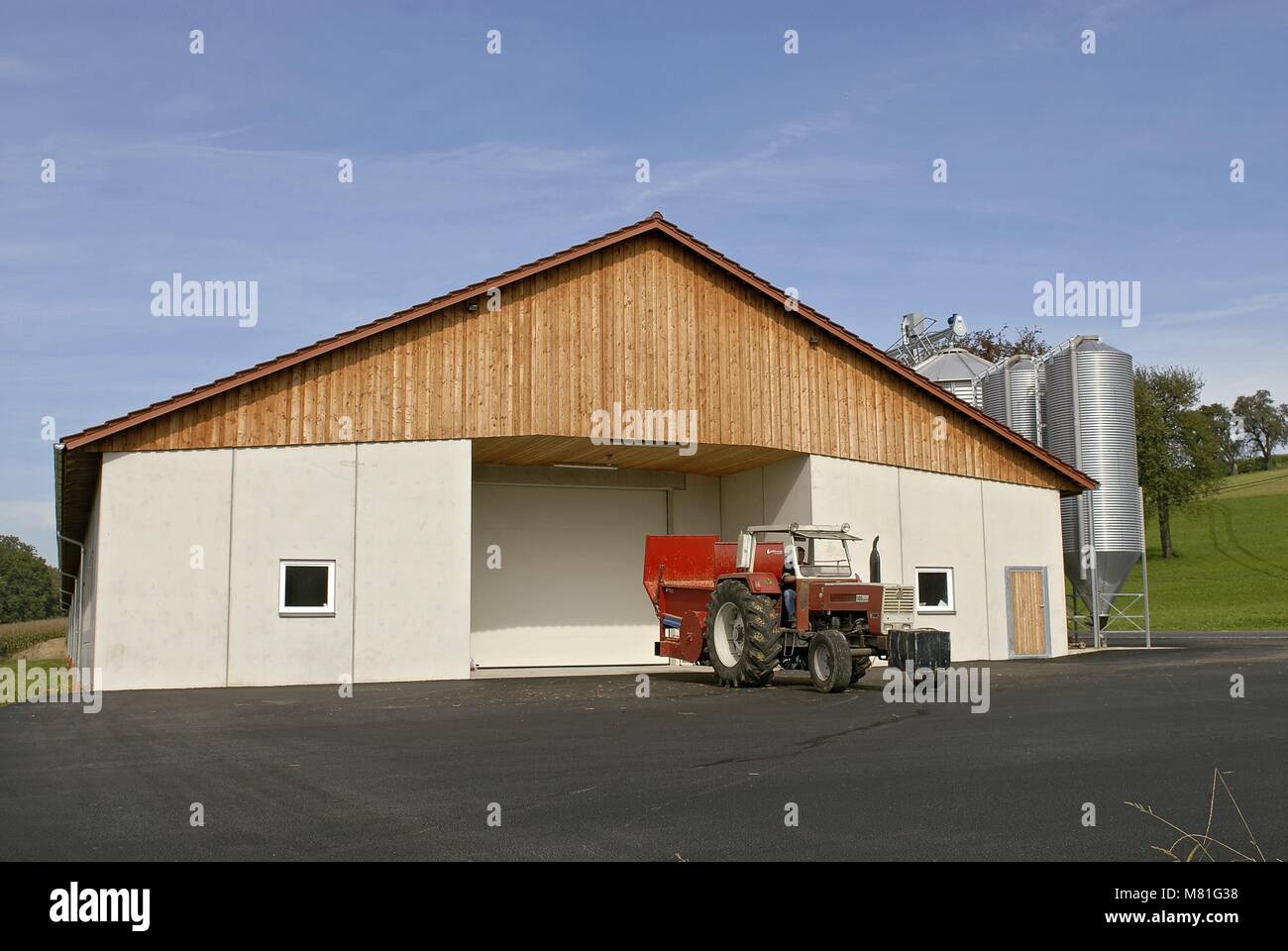Turkey is a country that has gone through major political transformations in recent years. With controversial leadership under President Recep Tayyip Erdogan and his Justice and Development Party (AKP) Turkey’s stability has come into question. In this article we’ll analyze the current political climate in Turkey and examine how stable the country really is.
The Move Toward Autocracy
Since the AKP came to power in 2002, Turkey has shifted from a parliamentary democracy to a presidential system under Erdogan. The president has amassed extensive powers by changing the constitution, giving him control over appointments of key positions like judges. Many observers see this as a move toward autocratic rule.
-
In April 2017, a referendum passed to abolish the role of prime minister and give the president enhanced powers. This led to concerns over the erosion of checks and balances.
-
In 2018 Erdogan was re-elected as Turkey’s first executive president under the new presidential system.
-
The government has purged tens of thousands of political opponents from the civil service and jailed journalists and activists. Academic freedom has also declined.
According to the BTI 2024 Country Report, the process of autocratization in Turkey has resulted in a “repressive political environment.” While elections still take place, they have become “increasingly unfair and nontransparent.”
The Impact on Political Stability
This shift toward authoritarianism has coincided with a decline in Turkey’s political stability. According to World Bank data, Turkey’s “Political Stability and Absence of Violence” score has fallen from -0.95 in 2013 to -1.04 in 2022 on a scale from -2.5 to 2.5. Lower scores indicate less stability.
Some key factors impacting Turkey’s stability:
-
Polarization: Turkish society has become highly polarized between pro- and anti-Erdogan camps. The divided political climate leads to instability.
-
Economic uncertainty: Turkey has faced economic troubles including high unemployment, inflation, and a weakening currency. This fuels discontent.
-
Terrorism: Conflicts with Kurdish separatists and Islamic militant groups have led to terrorist attacks in Turkey. The government’s crackdown has also created tensions.
-
Refugees: Turkey hosts over 3.7 million Syrian refugees which has led to societal tensions.
-
Foreign policy: Relations with the West have deteriorated over issues like Turkey’s purchase of Russian weapons. This contributes to instability.
Government Crackdown and Suppression of Dissent
To maintain control, the AKP government has aggressively cracked down on dissent, jailing opposition figures and shutting down critical media outlets.
-
In 2016, the government imposed a state of emergency after a failed coup attempt, which lasted over 2 years and led to a widespread purge of Erdogan critics.
-
In June 2021, Turkey’s Constitutional Court began considering whether to dissolve the pro-Kurdish People’s Democratic Party (HDP) over alleged militant links.
-
Hundreds of staff members of the Istanbul municipal government were detained in late 2021 for suspected terrorist connections. The mayor Ekrem Imamoglu has been a rising political opponent of Erdogan.
-
In December 2022, Imamoglu was sentenced to prison for insulting public officials, barring him from politics. The move was seen as politically motivated to sideline a key challenger.
This suppression of dissent removes key checks on Erdogan’s power and enables his authoritarian control. But it also generates instability by fueling resentment and resistance among the populace.
Can the Opposition Unseat Erdogan?
With parliamentary and presidential elections scheduled for mid-2023, Turkey’s opposition parties have united in a 6-party alliance aiming to unseat Erdogan. But as of early 2023, they have yet to formulate a cohesive program to address Turkey’s issues.
-
In the past, the fragmented opposition failed to effectively challenge the AKP.
-
The AKP’s control over media and state resources gives it a major advantage.
-
Observers worry elections will not be free or fair.
Public dissatisfaction with the economy could hurt Erdogan’s popularity. But his aggressive suppression of challengers means he is still likely to maintain dominance through undemocratic means.
Outlook for Turkey’s Future
Turkey under Erdogan has consolidated autocratic rule, but major challenges persist:
-
An inefficient, over-centralized governance system
-
A limping economy plagued by high inflation and unemployment
-
Ongoing terrorist threats and regional instability
With Erdogan’s popularity declining but his grasp on power still firm, Turkey faces an uncertain future. While the country is unlikely to face imminent collapse, further democratic backsliding and volatility are expected barring a major political shift.

Expenditure on GDP (% real change) Private consumption
Exports of goods & services
Imports of goods & services
Source: The Economist Intelligence Unit
Turkish PM seeks votes for ‘strong, stable’ Turkey in April referendum
FAQ
Is Turkey financially stable?
Is Turkey a secure country?
Is Turkey a poor or rich country?
Is Turkey population stable?
Why has Turkey cooled in western-Turkish relations?
The cooling in Western-Turkish relations has, in large part, been driven by Erdogan’s own impetus, seeking to remake Turkey as the global power it was in its Ottoman heyday. An assertive Turkey internationally helps him sell his image as a historic leader domestically.
Is there a gap between Turkey and the US?
There is a significant gap between Turkey and the US in their reading of global politics and associated threat perceptions. Great power competition forms the current overarching framework of international politics and informs the US and Western security perception.
What is the future of the Turkey-EU relationship?
For İYİ, the future of the Turkey-EU relationship will also depend on what sort of global actor the EU wants to become, on how Brussels shapes its relationship with the main non-Western powers like China and Russia, and how the EU aims to relate to the common neighborhood (which covers the Middle East, Africa, and Central Asia).
